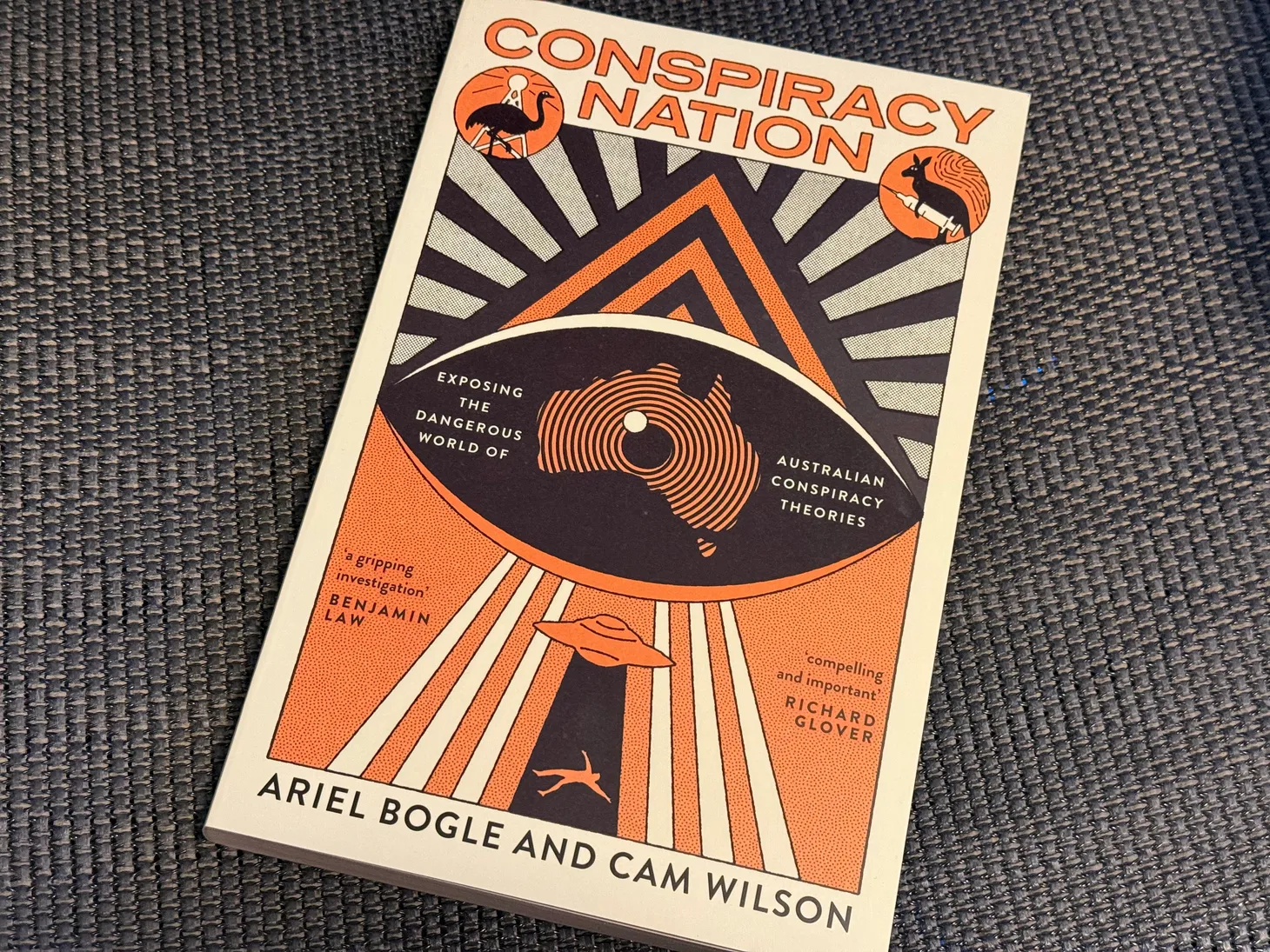Turns out shorter release windows actually boost movie profits
Could limited release windows lead to a spike in revenue for major film studios? Research into the South Korean market may surprise you.

Most Australians are all too familiar with the frustration waiting for a film can bring. You try to do the right thing to actively support a new movie only to find out that it will be months of waiting.
Typically, theatrical releases are in place for about ninety days, giving cinemas the opportunity to gain a substantial amount of income while viewers wait for the film to be released on digital platforms. Many movie theatre owners fear that shorter release windows will lead to both a decrease in revenue and an increase in piracy stats, but new research into the South Korean movie market has found the opposite result.
The study, conducted by Carnegie Mellon University as part of the school’s Initiative for Digital Entertainment Analytics (IDEA), found box office revenue was not significantly affected by implementing shorter release windows. The findings found that during the first eight weeks of a film's theatrical run in Korea, theatres only lost a total of 0.8% in earnings.
The South Korean industry in particular has adopted ‘Super Premium’ video on demand services, which allow for titles to be released digitally only weeks after they have been shown in theatres. Despite the films being more readily available to pirates through unauthorised platforms, this strategy proved to boost studio revenue by 12%.
The pandemic has undoubtedly influenced the decision to limit how long films are shown on the big screen, as well as turn to simultaneous digital and cinematic releases. Just look at what Warner Bros is doing this year. It’s a welcome change for movie fans, and a win for accessibility too. For major studios however, there is still a level of uncertainty that it will positively affect their earnings.
It is still too early to make any assumptions on how this data will affect the future of the industry, but it is an interesting case study that could help studios keep moving away from their traditional approach to big screen releases.
For the time being, home entertainment still feels like the more viable option, at least until we don’t have to wear masks in theatres.
Byteside Newsletter
Join the newsletter to receive the latest updates in your inbox.



